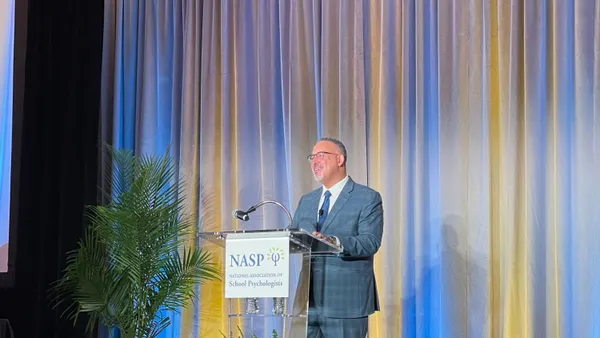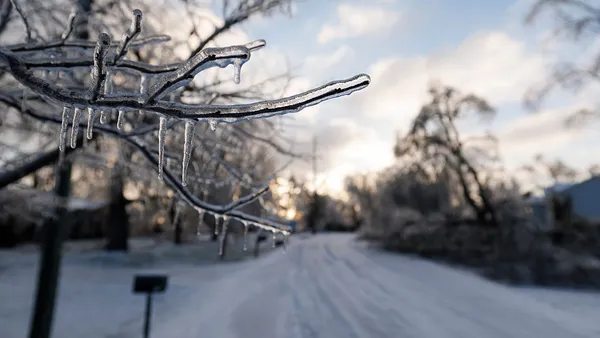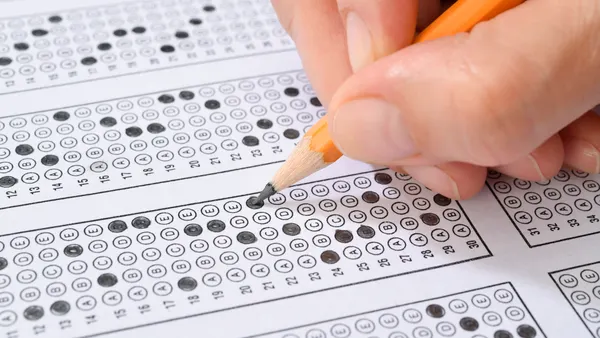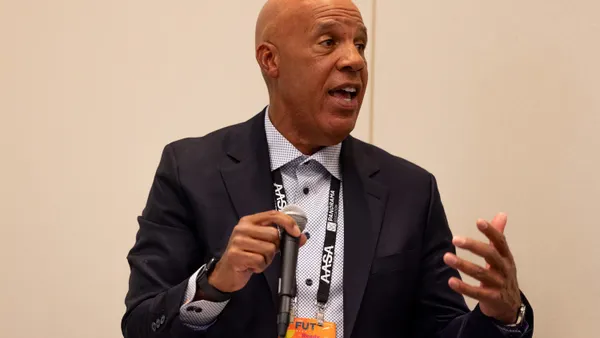The 2024-25 school year saw a 22.5% decrease in school shootings compared to the prior school year, breaking a three-consecutive-year high in gun violence for the 2021-22 to 2023-24 school years. The number of school shootings has also dropped year over year for the 2025 calendar year thus far according to the K-12 School Shooting Database.
There were 254 total school shooting incidents in 2024-25, compared to the nearly 330 school shooting incidents in each of the school years between 2021-2022 and 2023-24 school year.
"While this is progress, the total is still more than double the number of shootings prepandemic," said David Riedman, founder of the K-12 School Shooting Database and an assistant professor at Idaho State University, in a June 24 update. In the 2020-21 school year, for example, there were 142 school shootings, up from 116 in 2019-20.
Riedman's database is one of the most prominent trackers of gun violence on school grounds. It logs every time a gun is fired or brandished with intent or when a bullet hits school property, regardless of the number of victims, time, day or reason.
Trends in school shootings for 2024-25 remained consistent with those of previous years: They were most likely to stem from disputes that escalated, take place in the parking lot, and occur at dismissal time, Riedman's analysis showed.
High-profile, active and mass shooting incidents also remained low last school year, and especially in the spring — when such incidents tend to spike due to events like graduation ceremonies and grievances that have built up over the school year, said Kenneth Trump, president of National School Safety and Security Services, which provides emergency preparedness training for districts.
The decrease in school shooting incidents in the 2024-25 school year follows a slight dip in the overall number of school shootings during the 2024 calendar year. That decrease broke consecutive record-breaking years of shooting incidents logged in 2021, 2022 and 2023.
It also, however, comes amid school safety experts’ concerns regarding the cancellation of $1 billion in student mental health grants under President Donald Trump. The grants include those boosted by the Bipartisan Safer Communities Act — the legislation enacted in 2022 a month after 19 students and two teachers were killed in a mass shooting at Robb Elementary School in Uvalde, Texas.
Reidman pointed out that the drop in school shootings is part of a broader downward trend in violent crime nationwide.
National School Safety and Security Services’ Trump also pointed to the work being done by schools.
"We would certainly like to credit it to the good hard work of school officials and school and safety officials who are being proactive and doing threat assessments, intervening earlier and to prevent kids on the pathway to violence and being able to provide the social-emotional supports for kids," Trump said. "That certainly plays a role."
However, he said he is concerned about schools having intricate gun violence emergency plans without knowing what is in them.
Trump describes, for example, visiting buildings with school safety teams that haven't yet convened or seeing retired and even deceased staff members' names listed in district or school emergency plans. Sometimes, he said, school staff can't recall protocol of how to deny someone's access to the school building if they are trying to enter it, how to access the PA system to announce a lockdown, or how to use the school phone to dial 911.
Meanwhile, schools invest in high-cost solutions like weapon detection systems or controversial ones like clear backpack policies.
"And while people are searching for Ph.D. solutions, we want to get them to pass school safety kindergarten first and foremost, with those fundamentals," said Trump.


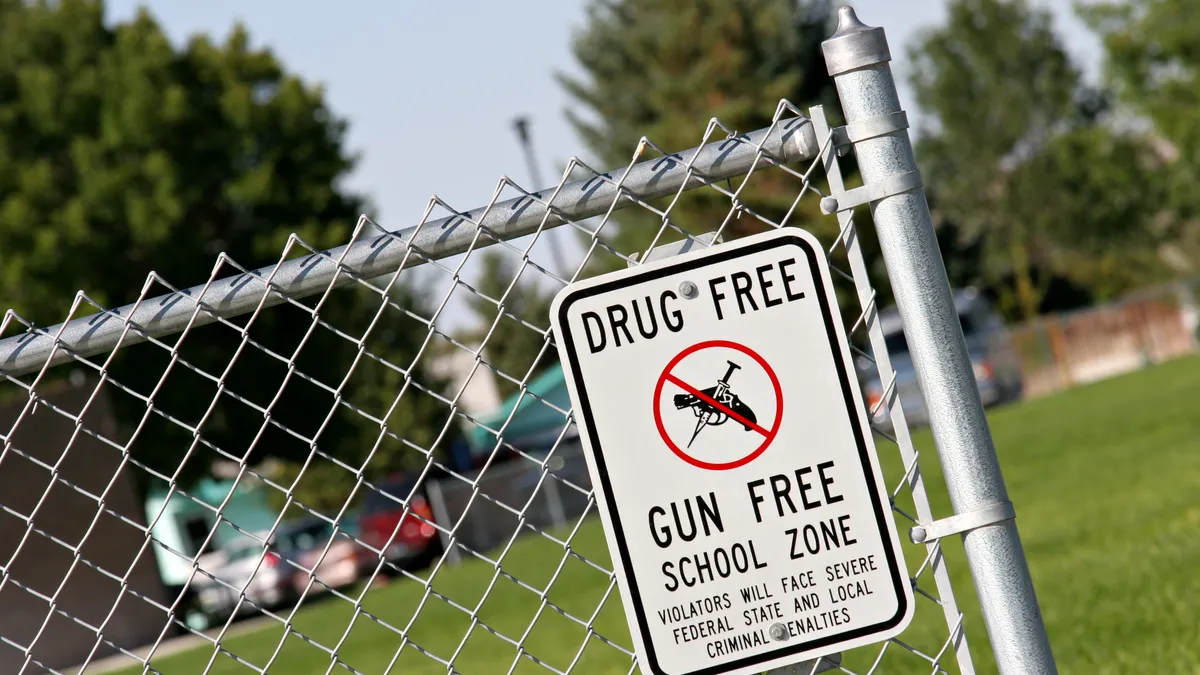



 Dive Awards
Dive Awards





